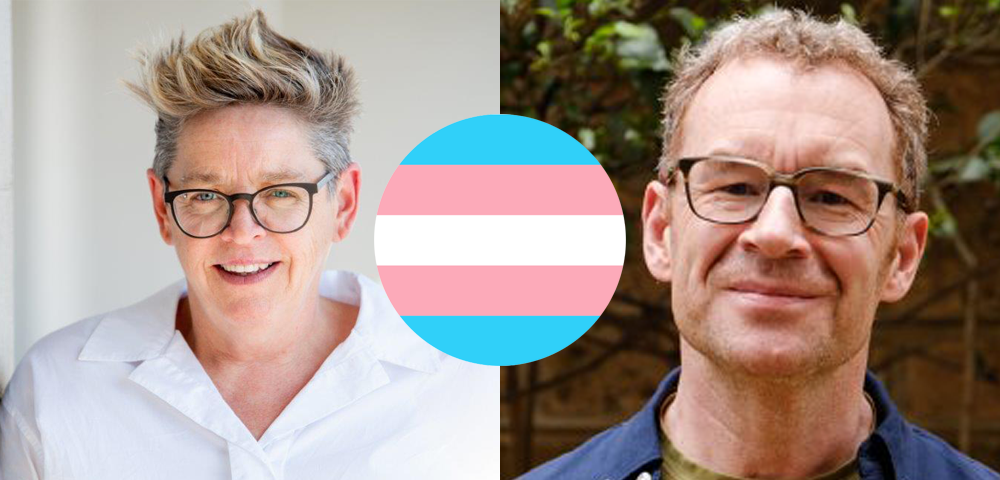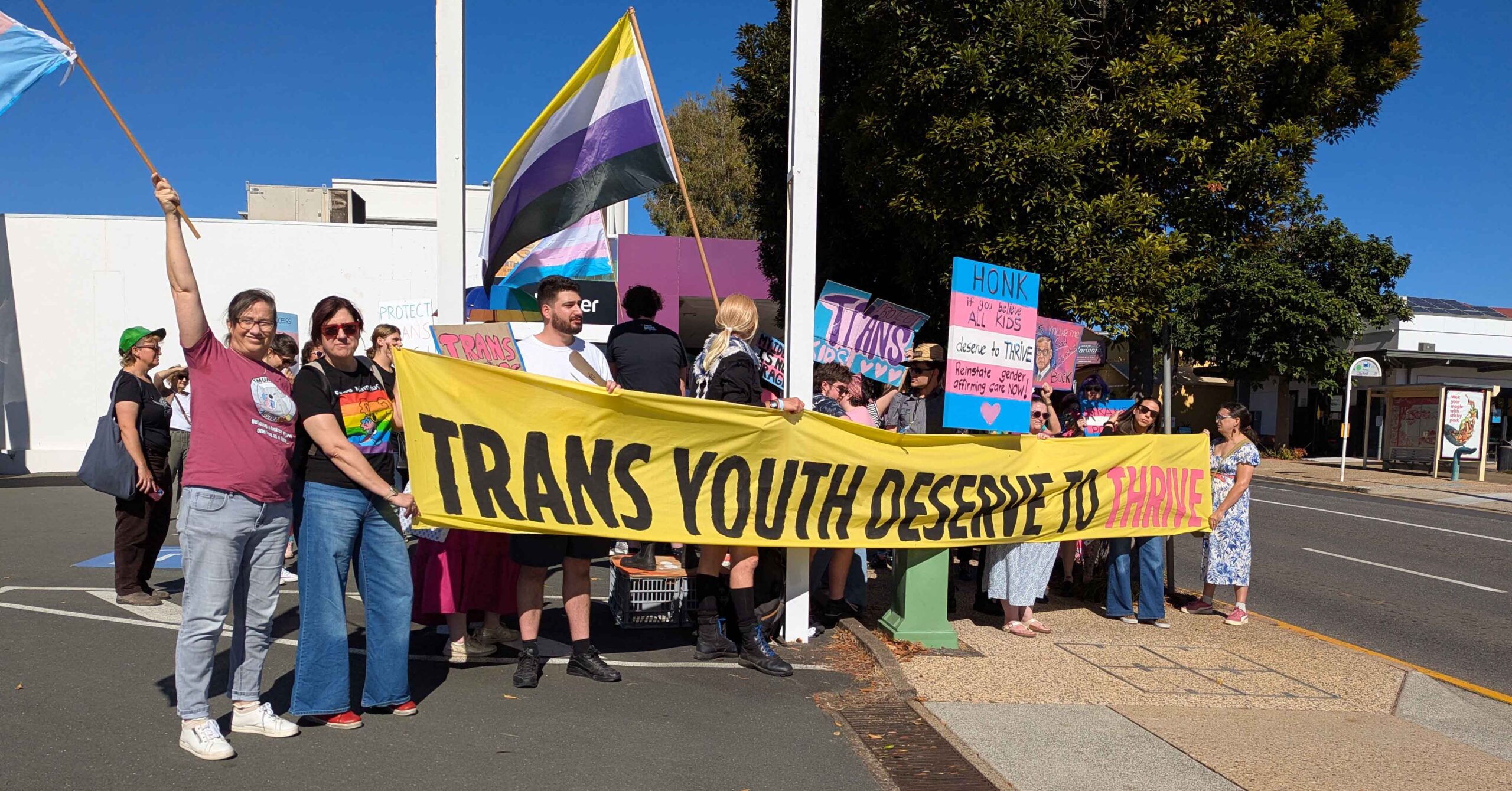
‘Focus on being true to yourself’: Australian executives on workplace diversity
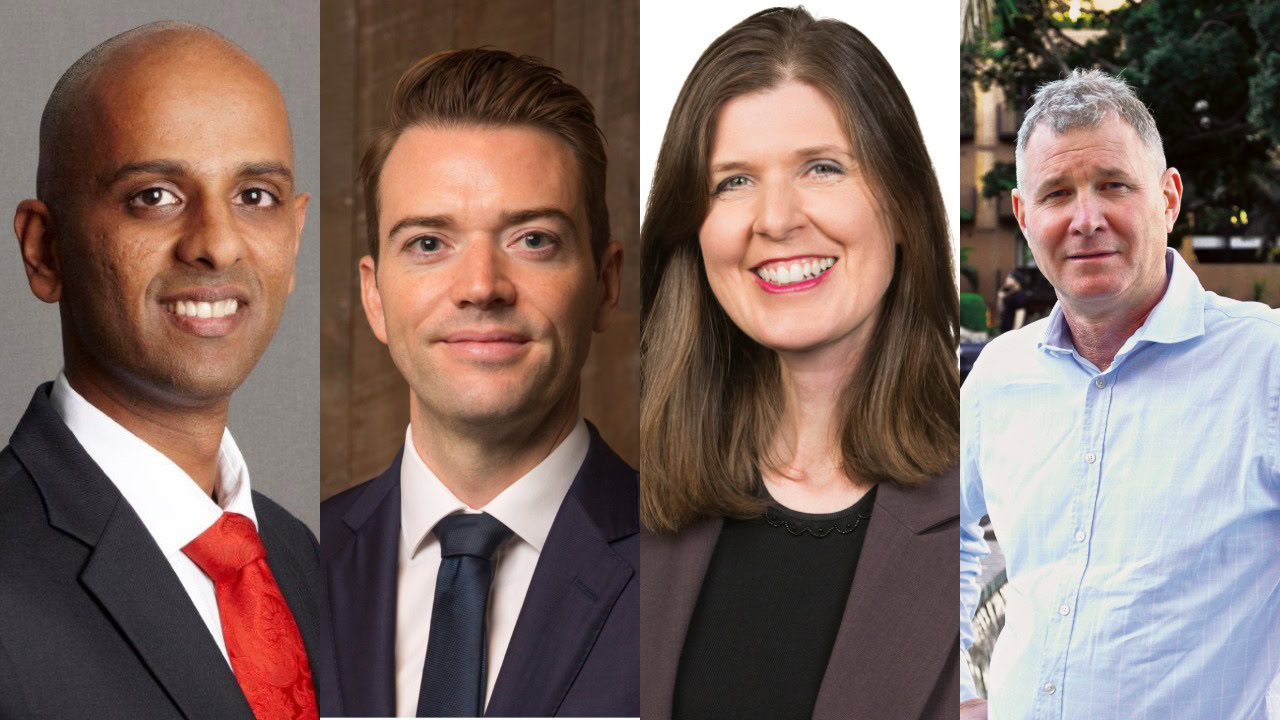
We spoke with high level executives in Australia about the importance of workplace diversity and LGBTI inclusion.
***
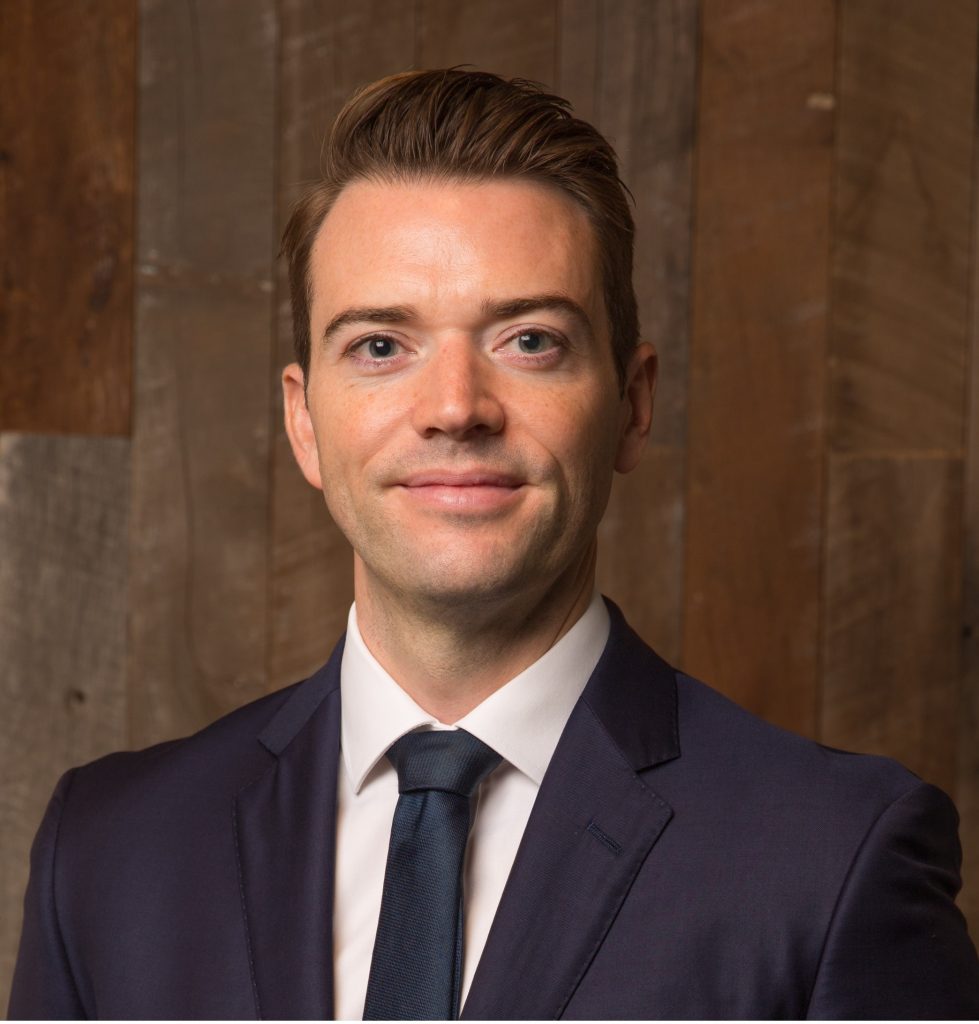
Alex Homer, Chief Customer and Brand Officer at TAL
How important is a culture of inclusion to the success of your organisation?
TAL protects more than 4.5 million Australians, and within that we have a broad and diverse range of customers. Having an equally diverse workforce is great for our business and great for our customers, bringing with it different experiences and points of view which help us better relate to our customers and the community. A culture of inclusion is critical to that success – we believe in fostering an environment where people can truly bring their whole selves to work so that they can be their best and avoid suffering unnecessary stress due to trying to mask who they are.
What advice would you give to an LGBTI person starting a career in your industry?
I didn’t reveal that I was gay during the early years of my career working in London and this period was quite tough for me. My life was transformed when I felt comfortable to be open with colleagues. I realised that a lot of my fears were really in my own mind and my colleagues were great. I’d encourage someone starting out to seek out their organisation’s LGBTIQ+ employee network where you can meet LGBTIQ+ colleagues and allies. Organisations like Out For Australia connect LGBTIQ+ people to other professionals in mentoring relationships and can be great opportunities to expand your network beyond your company or industry.
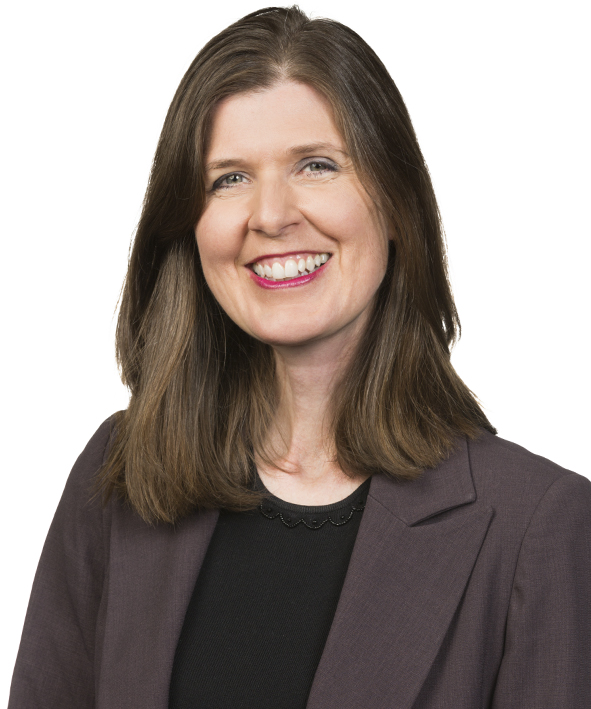
Alicia Albury, Partner and the Chair of the Diversity and Inclusion Committee at Maddocks
What advice would you give to an LGBTI person starting a career in your industry?
My advice is to do your due diligence on the different law firms before making a decision about where you want to apply to work – go to careers fairs, look at different firm’s websites and other publications, and talk to people in the industry. Make sure that you apply for jobs in workplaces where you will be able to be valued for who you are, and empowered to be your true self at work. Hiding an aspect of yourself is exhausting and will channel energy away from you being able to be fully productive and effective at work. There are workplaces that will welcome you – find a place where you will be able to let your light shine.
Do you think targets or quotas are useful to help balance workforce diversity?
It is useful to ensure recruitment and promotion activity includes targets or quotas for diversity and that decision makers have unconscious bias training. This helps to ensure that a diversity of candidates is considered and that applicants are fairly assessed. But having targets and quotas should be used as one of a number of tools, and not the only tool for driving a diversity and inclusion strategy. Targets and quotas can be very one dimensional because they tend to focus on a single trait and people are not one dimensional. This is what makes the current discussions about intersectionality so important.
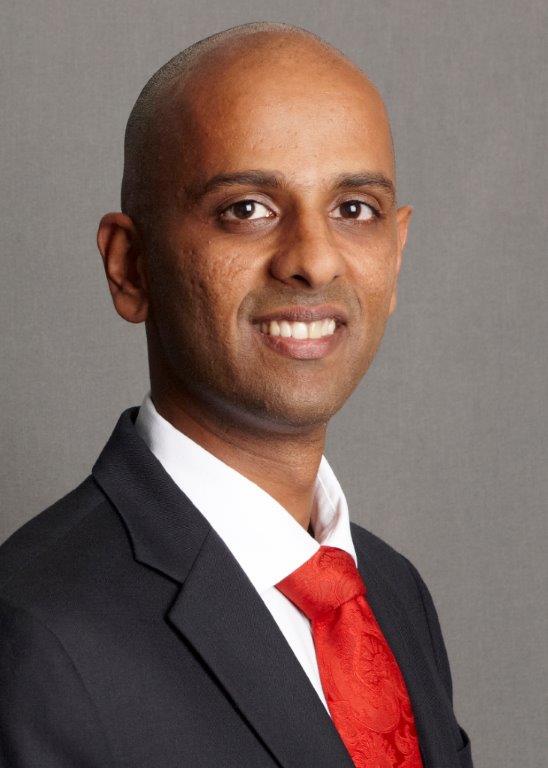
Giri Sivaraman, Employment Law Principal at Maurice Blackburn Lawyers
How important is a culture of inclusion to the success of your organisation?
Diversity and inclusion are key values at Maurice Blackburn, and are integral to our success. First, because it’s the right thing to do and we want our staff to feel safe and supported in the workplace. Second, it’s beneficial to the firm as a business – the different perspectives, values and experiences of our staff means that we can be flexible, empathetic, forward thinking and groundbreaking, while our clients feel valued and understood as they see themselves in our staff. Third, as a progressive, social justice firm, our diversity enables us to bring lived values to our daily work.
What advice would you give to an LGBTI person starting a career in your industry?
While great strides have been made, law is still a conservative profession in many ways. We want to make sure we have a culture where staff are comfortable being out and open about celebrating their diversity. We describe this as staff being able to bring their whole self to work. However, sexuality and gender are personal. Not everybody feels comfortable or wants to be out at work, and that’s okay. Make the choice that is right for you, but also remember that you can be the bringer of change to your workplace, even if you are junior. Does your firm have a pride network? If not, why not try to set one up? Is there a pride network that isn’t super active? Get involved and start pushing things forward again.
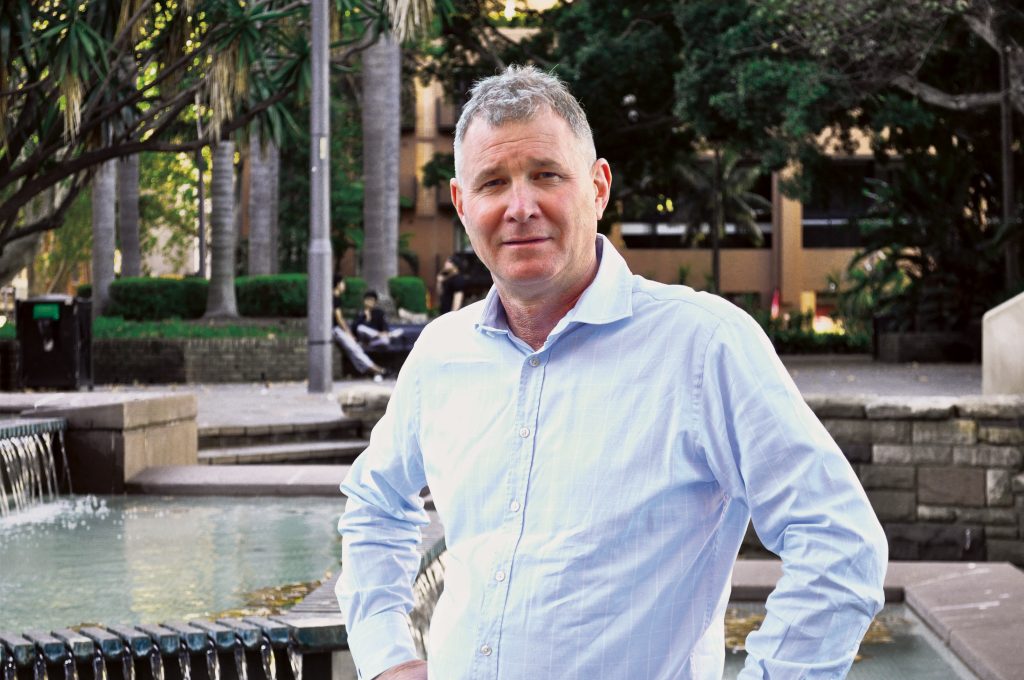
Geoff Selig, Executive Chairman at IVE Group
What advice would you give to an LGBTI person starting a career in your industry?
This is a great industry to be starting a career in, full of opportunity, innovation and the chance to work alongside some wonderful people. I would say focus on being yourself and being true to yourself. Whilst having regard for others, it’s important to put yourself forward. A lot of LGBTI people don’t put themselves forward. Treat everyone equally and as you would like to be treated. Don’t treat people differently because you think they can help advance your position. Be patient and work hard. Make sure authenticity is at the core of everything that you do
Do you think targets or quotas are useful to help balance workforce diversity?
Targets or quotas are not helpful in our environment to balance workforce (or team) diversity. We focus our efforts on educating and raising awareness amongst our teams of the benefits diverse teams can deliver to team and business success as well as challenging and mitigating bias. We also aim to ensure recruitment activities capture a wide and diverse candidate pool, appointments consider skills, expertise and background (not just previous experience) and we allow flexibility in our job design to better support individuals.





